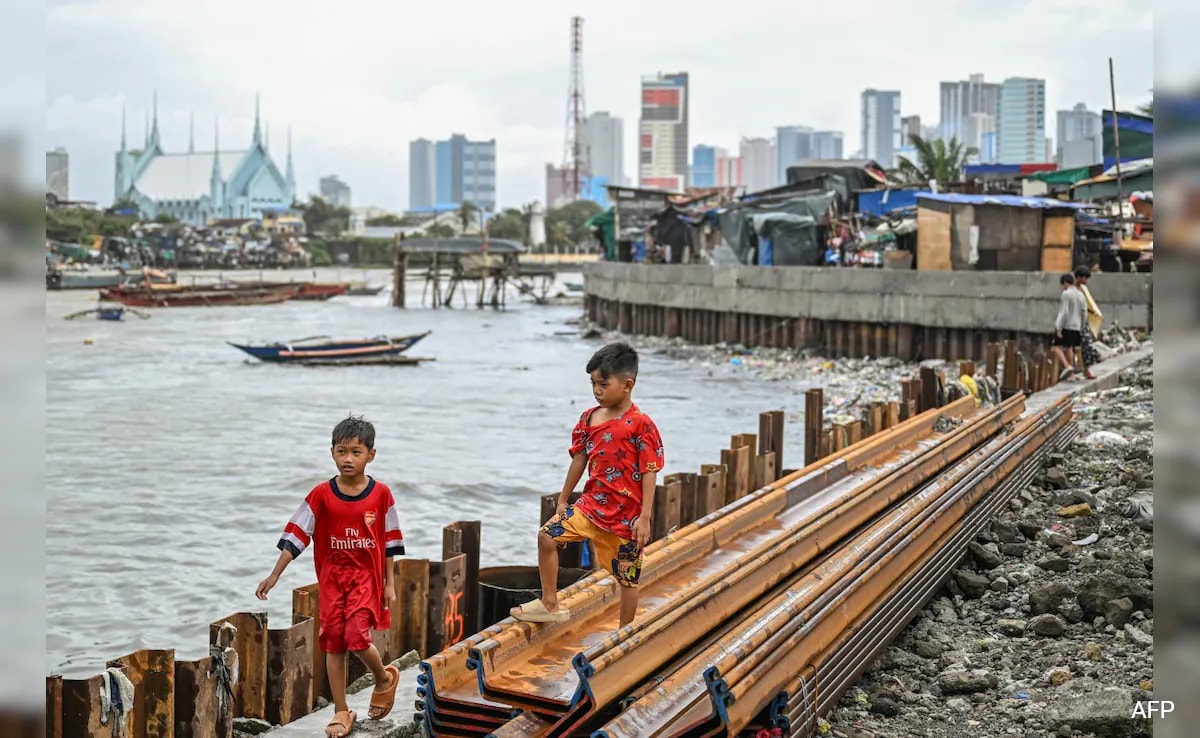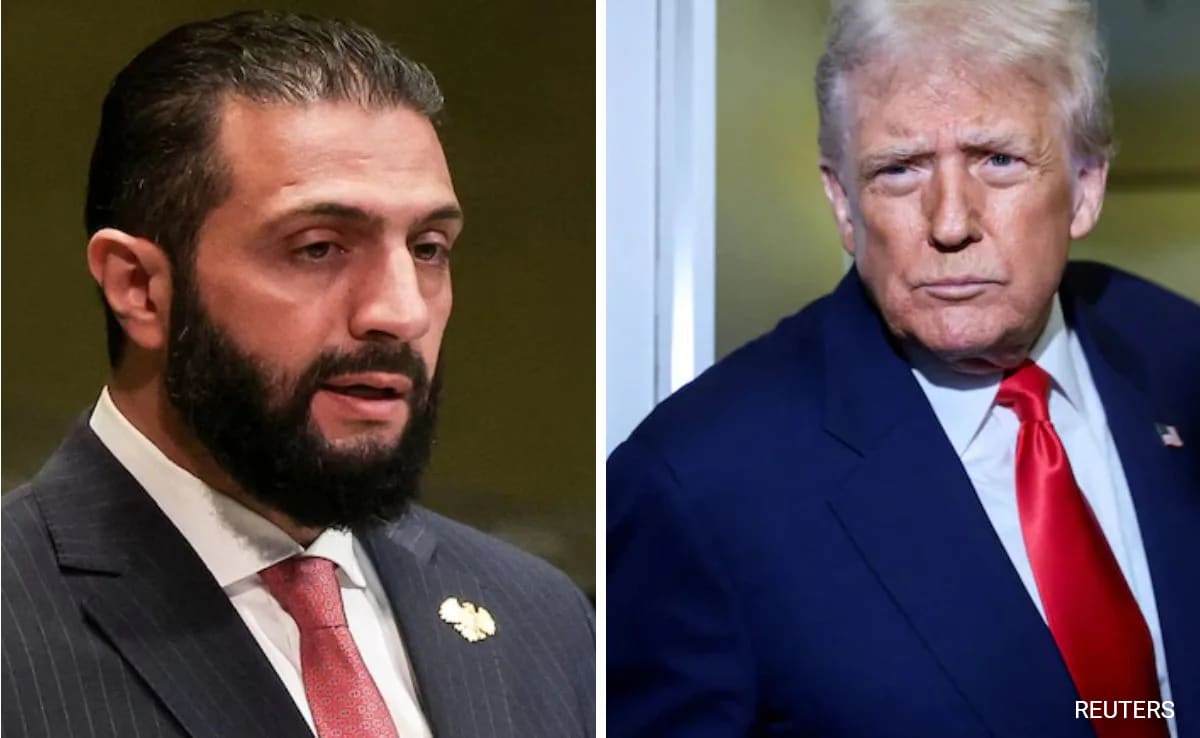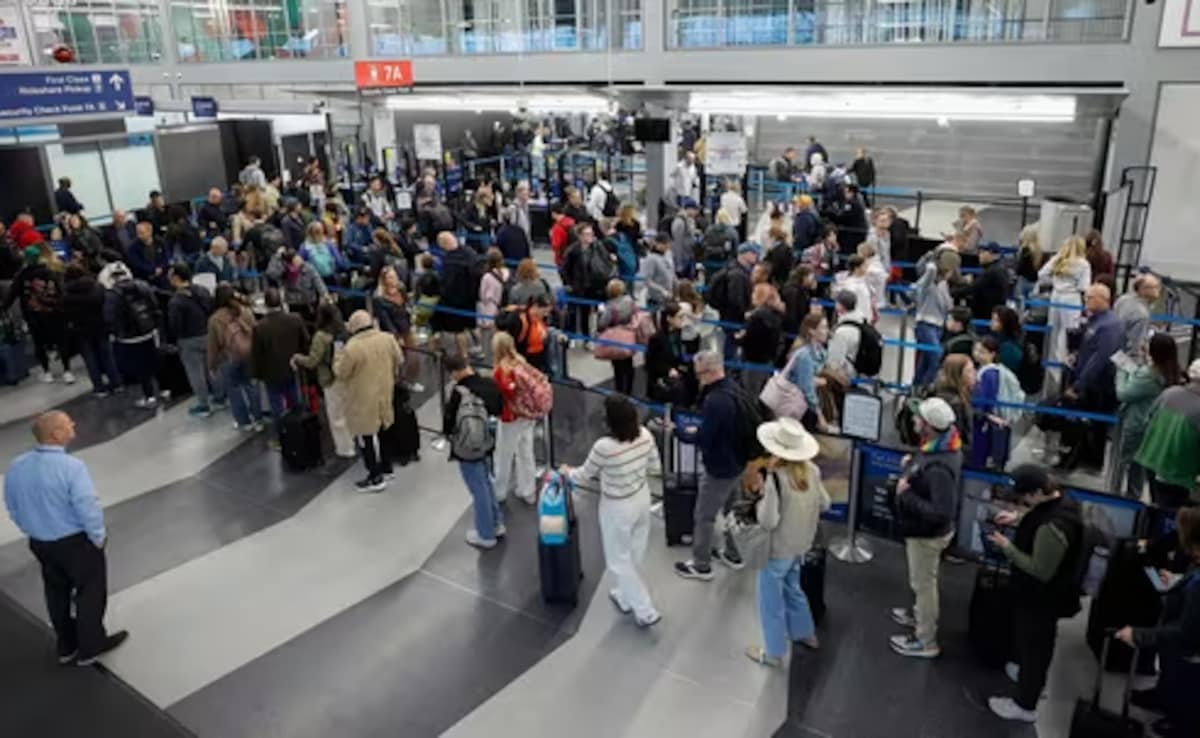For now, the companyâs predicament remains chiefly a headache for policymakers in Beijing. âEvergrandeâs model of rapid, debt-fueled expansion during the boom years of Chinaâs urbanization made the group one of the countryâs largest developers and briefly turned Xu Jiayin, its founder, into Chinaâs wealthiest business person,â explained my colleague Christian Shepherd. âChinese cities are dotted with Evergrandeâs high-rise apartments, many of them snapped up as investments by newly minted members of the countryâs burgeoning middle class in recent years.â
Evergrandeâs boom, though, ultimately exposed the perils of Chinaâs way of doing things â including an opaque financial system that allowed companies like Evergrande to engage in relentless borrowing and expansion, but also alleged corruption and heedless accumulation of debt.
Xu swanned around the world in private jets, attended conferences in Hermes belts and reportedly turned down a $100 million yacht for being too plain. But his and Evergrandeâs bubble has appeared to burst amid a slowdown in property markets and a political course correction by President Xi Jinpingâs government, which has started reining in lending to overleveraged developers like Xu. Now, Evergrande finds itself in the crosshairs of a wider push by Xi that has been described by some commentators as a âleftwardâ turn against the Gilded Age-energies that powered Chinaâs growth in recent decades. Nationalistic commentators want to see Evergrande be allowed to fail and left a shattered, cautionary tale of the rapacious greed of a clutch of powerful elites in the country â now no longer in Beijingâs favor.
âThe companyâs crisis is testing the resolve of Chinese leadersâ efforts to reform as they chart a new course for the countryâs economy,â noted the New York Times. âIf they save Evergrande, they risk sending a message that some companies are still too big to fail. If they donât, as many as 1.6 million home buyers waiting for unfinished apartments and hundreds of small businesses, creditors and banks may lose their money.â
But until these past few weeks, the story of Evergrande for many non-Chinese outsiders was not about the fortune and misfortune of a real estate empire â but of a soccer team. For the past decade, Guangzhou Evergrande has been arguably Asiaâs most successful club, winning eight Chinese league titles and the Asian Champions League â the continentâs most prestigious competition â twice in 2013 and 2015. Based in the southern metropolis not far from the border with Hong Kong and bankrolled by Xuâs property empire, the club was the poster child for Chinese soccer and a testament to Beijingâs global ambition.
Xi came to power in 2013 and made no secret of his interest in boosting Chinaâs fortunes as a soccer power after decades of suffering humiliating defeats to regional rivals Japan and South Korea. To curry favor, major business leaders like Xu, who had stakes in Chinaâs soccer league, devoted vast amounts of money to make their teams more competitive on the international stage.
For a number of years, Guangzhou Evergrande and a handful of rival Chinese clubs also owned by major property developers spent larger money on players than far more famous soccer clubs in the West. A string of somewhat prominent stars, many from South America, forsook promising careers in Europe for riches promised in China. Guangzhou Evergrande was the most dramatic illustration of this moment â its 2015 victory in the Asian Champions League signaled a kind of apex â and at one point was valued at $1 billion.
But its success was not sustainable and Xiâs government, seeing how little the flood of richly paid foreigners was doing to enhance the strength of Chinaâs own struggling national team, slowly started to shift course.
âThe prevailing political winds could change at any time, draining financial and governmental support,â noted Foreign Policy in 2018. âAnd while the Olympics model of heavily directing individual talent into smaller events paid off, the worldâs most popular sport is harder to dominate than target shooting and synchronized diving.â
Now, the state of Evergrandeâs soccer team provides a parable for its broader decline. Both Xu and Jack Ma, the founder of tech giant Alibaba, which bought 50 percent of the club in 2014, are now seemingly persona non grata in Xiâs China. The team itself has been renamed Guangzhou F.C. as part of a nationwide mandate by authorities to use âneutral names,â anddistance Chinese soccer from the excesses and vanity of these tycoon owners. Unsurprisingly, the clubâs competitiveness at the continental level has diminished.
The Chinese Super Leagueâs âclub expenditure is about ten times higher than South Koreaâs K-League and three times higher than Japanâs J-league, but our national team is lagging far behind,â Chinese Football Association President Chen Xuyuan told state-run Xinhua News Agency in February. âThe bubbles not only affect the present of Chinese football, but also hurts its future.â
On Tuesday, Guangzhou F.C. parted ways with its coach, Italian World Cup-winning former defender Fabio Cannavaro. There are suggestions that provincial authorities may step in to assume part ownership of the club. It also may be disbanded, according to Bloomberg News.
Curiously, construction on a major 100,000-seat capacity stadium for Guangzhou F.C. by the Evergrande Group is still continuing no matter the companyâs dire financial straits. The project to build what may be the worldâs largest purpose-built soccer stadium began in April 2020 and may cost up to $2 billion.
âThe worldâs eyes are on it,â the owner of a small store nearby the construction site told Reuters on Sunday. âHow could the biggest soccer stadium in the world not be built? It wonât become a waste construction site. The government wouldnât let this happen.â
Read more:
.png)











 English (United States) ·
English (United States) ·  Turkish (Turkey) ·
Turkish (Turkey) ·